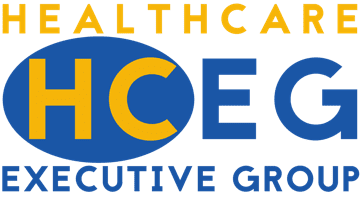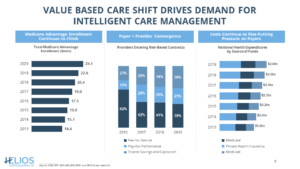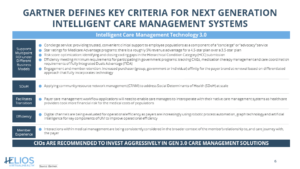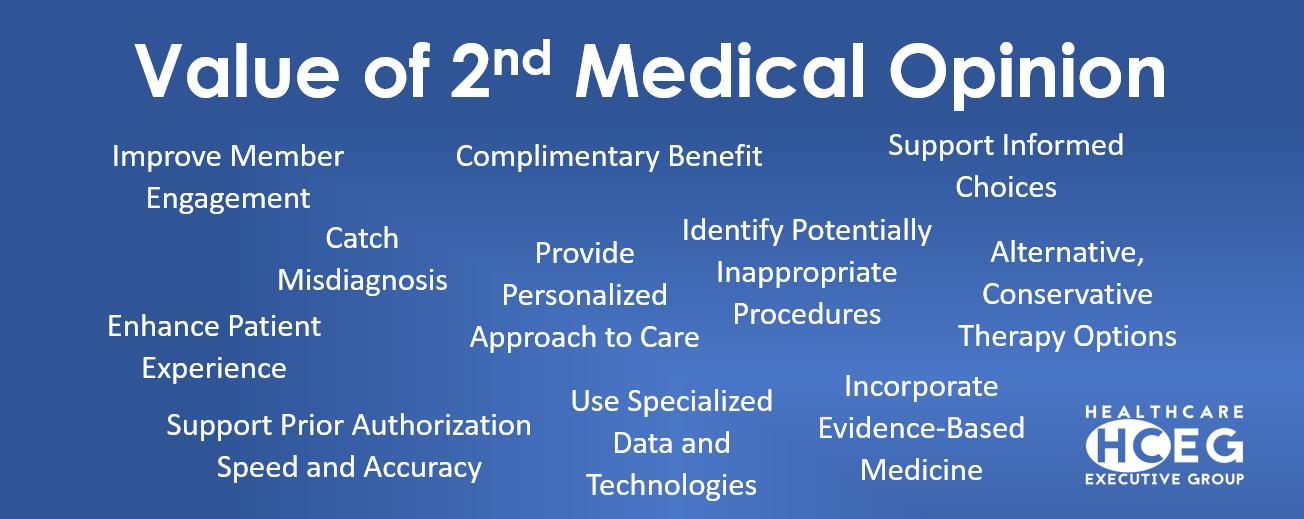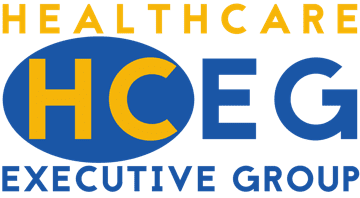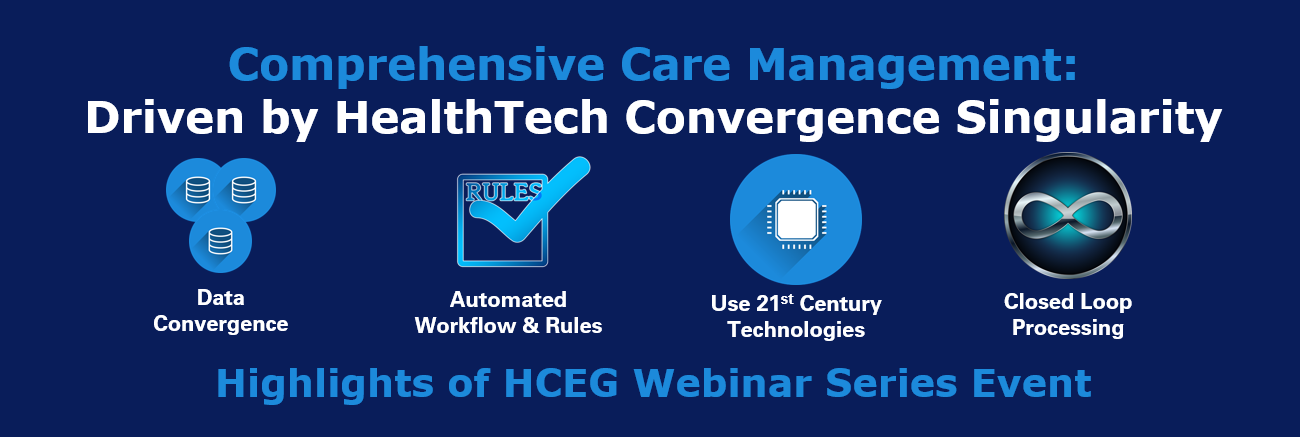
Comprehensive care management dictates that an individual’s interactions with their care providers and their health plan’s medical management team should be considered within the broader context of their relationship to and care journey with all their healthcare providers. And that to obtain the best outcomes at the lowest cost with the least impact to all involved, these interactions should be supported by data from the patient, all of the providers involved with delivering care to that patient, and all data that the employer or health plan responsible for payment may have on the member/patient.
Enabling intelligent care delivery and management across diverse networks of providers, facilitating a whole-person approach to care delivery and management by making historical medical and non-medical data available, and supporting individuals with confirming their diagnosis, when necessary, is particularly important as employers and consumers look for ways to manage spending and drive the demand for value.
First in a Series of Three Webinar Series Events in October 2021
In Intelligent Care Management Technology: Driving Alignment Towards the Quadruple Aim presented on October 7th, HCEG’s Ferris Taylor joined Dr. David DiLoreto, MD of Sg2 Health Care Intelligence, and Sue Powers, Chief Growth Officer of VirtualHealth, to discuss how Intelligent Care Management Technologies (ICMT) help healthcare stakeholders achieve the Quadruple Aim. This post shares highlights of this first webinar in a series of three webinars held during October.
Watch this webinar here and access specific highlights of the webinar presentation below.
HealthTech Convergence Singularity – Patient Data + Provider Data + Payer Data
Sue Powers set the context for the presentation by describing how the healthcare industry has reached HealthTech Convergence Singularity, at an inflection point partially accelerated by the pandemic, where bringing patient data, provider data, and payer data together through a single technology platform can provide a synergistic value greater than the sum of each originating source. Sue noted that as enrollment in Medicare Advantage plans climbs, costs continue to rise, and providers enter more risk-based contracts with payers, the demand for flexible, scalable, and intelligent comprehensive care management is quickly rising.
Listen to Sue describe HealthTech Convergence Singularity and share insight on the forces driving demand for intelligent care management platforms here.
RELATED: 5 Reasons Why Health Plans Must Adopt Intelligent Care Management Technologies
Key Criteria for Next-Generation Intelligent Care Management Systems
Among other things, recent research by Gartner identifies the following key components of an intelligent care management platform:
- Enables whole-person care across multiple business segments and settings
- Centralizes acquisition, storage, and management of all data – both medical and non-medical
- Supports community resource network management (CRNM) to address social determinants of health (SDoH) at scale
- Provides operational efficiency via the use of robotic process automation, artificial intelligence, and other technologies in a cloud-native environment
Listen to Sue share more about intelligent care management technologies and Gartner’s research here.
Proactive Closed Loop Decisions – Automating Business and Workflows
Being able to effectively scale the identification, delivery, measurement, and ongoing management of services – both medical and non-medical – provided to a plan’s members and a provider’s patients are essential ICMT capabilities. Given increasingly scarce resources – particularly human resources – it’s essential that technologies and automation be leveraged to deliver comprehensive care management services. Listen here for details.
Dr. David DrLoreto added that intelligent care management must make it easy for physicians and other care providers to do the right thing quickly – and hard to do the wrong thing. And emphasized that care provider satisfaction – along with patient satisfaction – must also be positively impacted.
Listen to Dr. DiLoreto speak about care management workflow and related considerations here.
How Intelligent Care Management Helps Achieve the Quadruple Aim
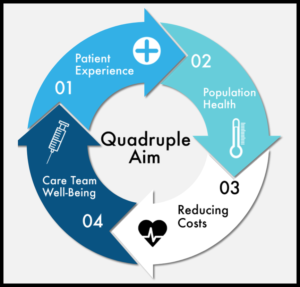
HCEG board member Dr. David DiLoreto, MD shares more on intelligent care management’s role in helping achieve the Quadruple Aim here.
Comprehensive Care Management Leverages Social Determinants of Health to Address Health Equity
Data about social determinants of health and data on other non-medical aspects of an individual’s life can have a powerful impact on improving health outcomes and lowering overall costs of care. Being able to acquire, store, and use these data – and also being able to track and report non-medical interactions – are an essential component of an intelligent care management platform.
Listen to Dr. DiLoreto share his thoughts on leveraging SDoH data for intelligent care management here.
Using Intelligent Care Management to Support Providers & Community Based Organizations
A webinar participant asked how an intelligent care management platform operated by a health plan can help its provider network and community-based organizations (CBO) – which often lack sufficient technology resources – provide better care and participate in value-based payment programs.
Listen here to Dr. DiLoreto and Sue Powers share how traditional providers of medical services and newer providers of medical and non-medical services, particularly CBO’s, can benefit from the capabilities of an intelligent care management platform.
Learn More About HELIOS™ – VirtualHealth’s Intelligent Care Management Platform
We appreciate the information shared in this webinar by Dr. David DiLoreto, MD, and Sue Powers. To learn more about intelligent care management and HELIOS™, a cloud-native, purpose-built platform to address whole-person care and value-based models, visit VirtualHealth’s website at www.virtualhealth.com and contact VirtualHealth.
Importance of Accurate Diagnosis & Comprehensive Whole Person Data
In addition to the above webinar presented by VirtualHealth, two other HCEG Webinar Series Events took place in October and provided additional insight and perspective.
“Using Virtual 2nd Opinions to Increase Member Engagement and Decrease Healthcare Costs”
This webinar on October 14th presented by the Medical Review Institute of America (MRIoA) shared information on why health plans and employer groups may want to support their members and employees in obtaining a second medical opinion. Learn more about the value of second opinions and access a recording of this webinar here.
“Clinical History is Crucial to Effective Care Management”
This webinar on October 28th presented by Surescripts shared an overview of how effective care management is supported by a 360° view of patient information and healthcare-related services. Learn more about options for obtaining a holistic view of member information and access a recording of this webinar here.
RELATED: Intelligent Care Management Technologies: Key Considerations & Opportunities
Connect With, Learn From, and Share with Other Healthcare Leaders and Professionals
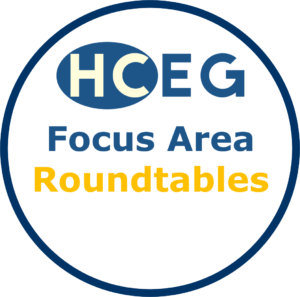
If you’re an executive/leader of a health plan, health system, or healthcare provider organization, consider joining one or more of our Focus Area Roundtables. These 45-minute, small group discussions address a specific priority of the 2021 HCEG Top 10+ and provide all participants a chance to share and ask questions of other participants. We currently have a number of roundtables scheduled with additional roundtables being planned.
